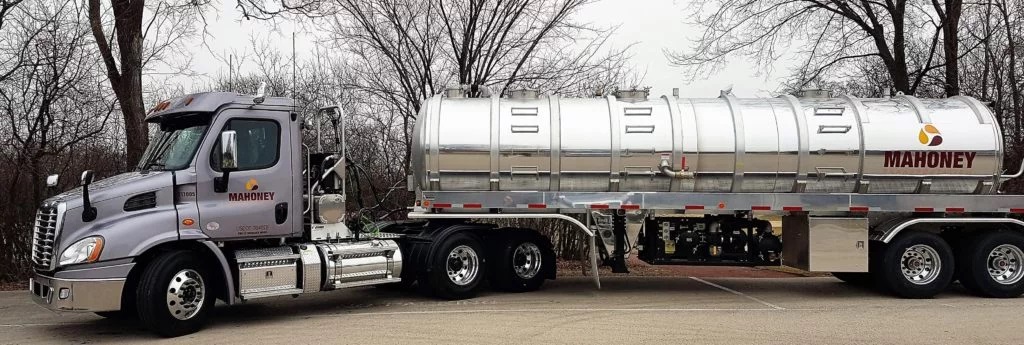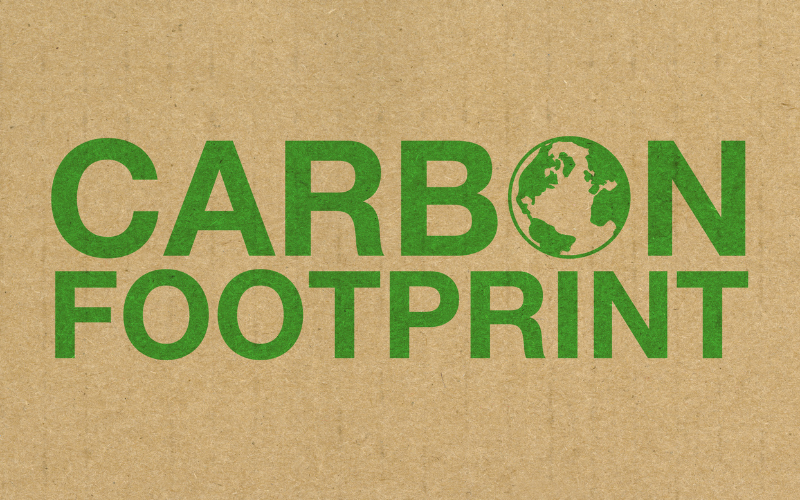In the US, restaurants produce large quantities of food waste. Environmental Protection Agency (EPA) estimated that in 2018 in the United States, more food reached landfills and combustion facilities than any other single material in our everyday trash, at 24 percent of the amount landfilled and at 22 percent of the amount combusted with energy recovery.
Every year, an estimated 22 to 33 billion pounds of food waste are produced by US restaurants. The waste begins before the food is prepared by restaurant staff. About 4 to 10 percent of ingredients restaurants purchase are wasted even before reaching consumers’ plates.
Causes that perpetuate the destructive cycle of restaurant food waste include oversized portions and elaborate menu options. On average, 17 percent of restaurant meals remain uneaten on diners’ plates. Fifty-five percent of meal leftovers are left at the restaurant establishments.
What contributes to restaurant food waste?
The increase in meal portion sizes over the last 30 years is a major contributing factor to the problem of restaurant food waste. In fact, today’s restaurant portion sizes are 8 to 10 times larger than what is recommended by the USDA and Federal Drug Administration.
Adding to the issue of restaurant food waste are the behaviors of kitchen staff. Chefs overprepare food, improperly store ingredients and fail to effectively utilize food scraps and trimmings. Managers of chain restaurants can be inflexible, which contributes to the food loss issue.
Although buffet-style eating is gradually being phased out due to the Covid-19 pandemic, the concept is extremely wasteful. Leftover foods from all-you-can-eat buffets cannot legally be donated or reused. Keeping the buffet well-stocked throughout restaurant hours also leads to unnecessary food waste.
When restaurant food is wasted, the fancy plates of food are not the only things being discarded. The water and agricultural chemicals used to nourish plants, energy spent on growing food products and labor used to store, transport, and prepare food all go to waste.
Is food waste recycled into compost?
Despite the preponderance of restaurant food waste, organic waste is incredibly valuable. Leftover food resources can be recycled into compost, which serves to fertilize soil, improve soil quality, and limit soil erosion. The environmental benefits of recycling restaurant food waste are many.
When restauranteurs properly separate organics for the composting process, they divert further waste from filling landfills. Restaurants that participate in composting also reduce waste hauling fees. Overall, their efforts to recycle food waste are rewarded with making a positive environmental impact.
Many types of common restaurant food waste can be successfully composted. Food scraps top the list. Fruit and vegetable waste, for example, can be readily composted. Beverage products, such as coffee grinds and tea bags, may also be recycled via composting.
Certain restaurant food waste cannot be composted, and these include fats, oils, and greases. In these cases, it is important to separate them from compostable waste. Designated bins accept compostable materials. Grease may be hauled by a grease collection company and enter its recycling process.
Grease collection companies work in tandem with restaurants to help the latter recycle food waste. Company services include providing the restaurant with indoor or outdoor bins to collect the leftover cooking oils. Scheduled pickups remove the used grease from the restaurant.
These grease collection companies may also offer programs to recycle meat byproducts. Specialized trucks are dispatched to collect fat and bone from the receptacles provided by the company. These drum containers come in a wide range of size options to meet restaurant demands.
How can restaurants limit food waste?
While resources are available to recycle food waste, restaurants should consider utilizing methods to limit food waste whenever possible. Conducting a food waste audit is a first step to help determine what products are most frequently discarded and make adjustments.
Avoid contributing food waste to landfills by updating the existing restaurant menu to better cater to customer preferences. Chefs should repurpose ingredients. Train kitchen personnel to prevent spoilage of food products by using the oldest items first and avoiding ordering in excess.
Train employees to discard food waste in appropriate bins. Make color-coded recycling bins available to restaurant patrons, as well. Customers have 2 to 3 seconds to make a snap judgement as to where to throw out uneaten food; use graphics to communicate a sustainability message.
Restauranteurs are encouraged to send food waste to a composting facility. Consider an anaerobic digester, which converts food into energy. Donate food scraps to local farmers, who can use them as animal feed or for composting in the farm fields.
Used cooking oils, fats and greases have economic value. Partnering with a grease collection company can also ensure the cooking oil is recycled in an oil recycling center. Used cooking oil is processed, heated, filtered, and separated. The end result is a reusable resource, like fuel.

Restauranteurs that partner with a reputable used cooking oil recycling company, such as Mahoney Environmental, contribute to a cleaner environment and streamline restaurant operations. Our recycling program meets all the cooking oil collection and delivery needs of countless satisfied restaurants.
Scheduled deliveries are available to ensure that your restaurant kitchen is consistently supplied with fresh cooking oil. Restaurant managers may also monitor their oil usage online. Our technologies lead to timely deliveries and pickups, so that your restaurant runs safely and smoothly.
Mahoney Environmental offers comprehensive services. Our technicians are experienced in grease trap maintenance as well as cooking oil equipment design and installation. We have the skill and expertise to build custom cooking oil disposal systems that specifically meet your restaurant’s unique needs.
Count on Mahoney Environmental for regular cooking oil collections and deliveries. We provide bulk containers and build automated systems to facilitate the proper disposal of oil. Our recycling process turns used cooking oil into renewable resources, like renewable diesel and sustainable aviation fuel.
Mahoney Environmental is a national leader in food waste recycling. We recycle used cooking oil and meat byproducts on a large scale; we have the capability to recycle water and solids. Restaurants large and small choose us for their food waste recycling needs. Contact us at 800-892-9392 to learn about our programs.
Sources:
https://www.ncbi.nlm.nih.gov/pmc/articles/PMC3614052/,https://foodprint.org/issues/the-problem-of-food-waste/,https://www.nrdc.org/resources/food-waste-restaurant-challenge-guide



 Call Us Now (800) 892-9392
Call Us Now (800) 892-9392